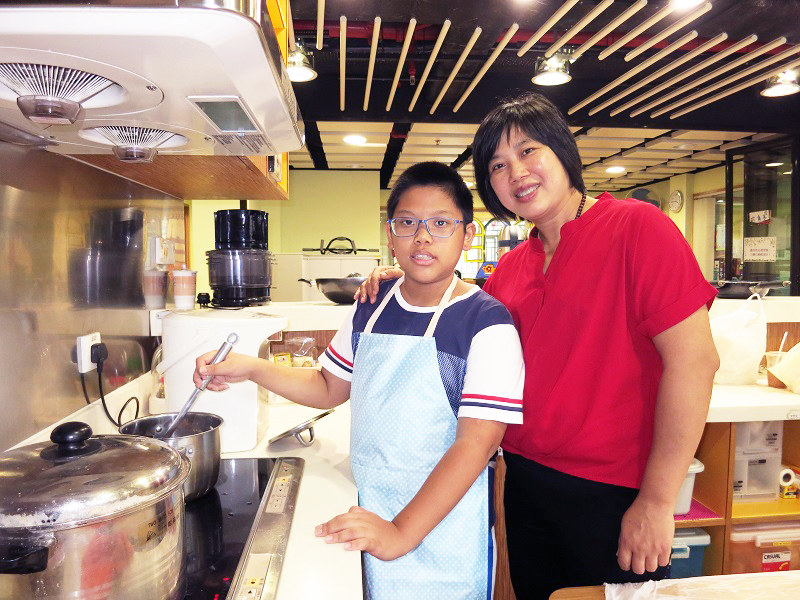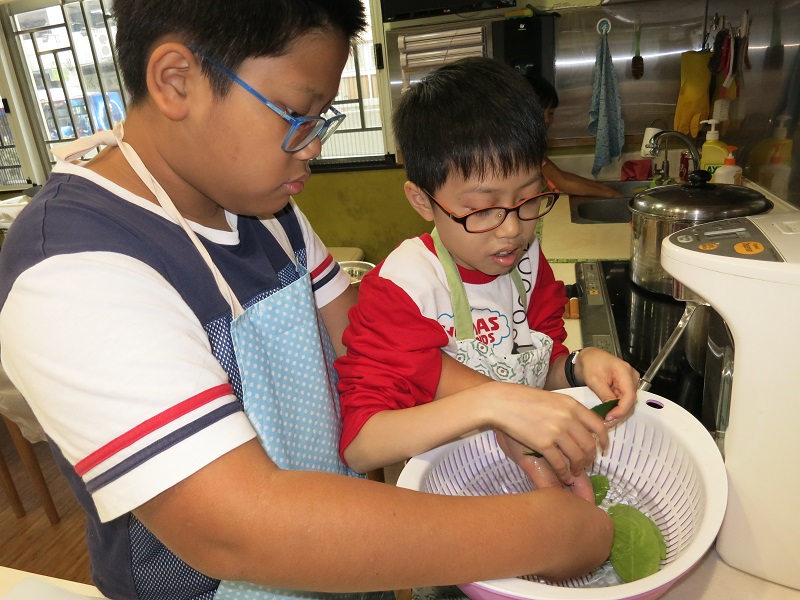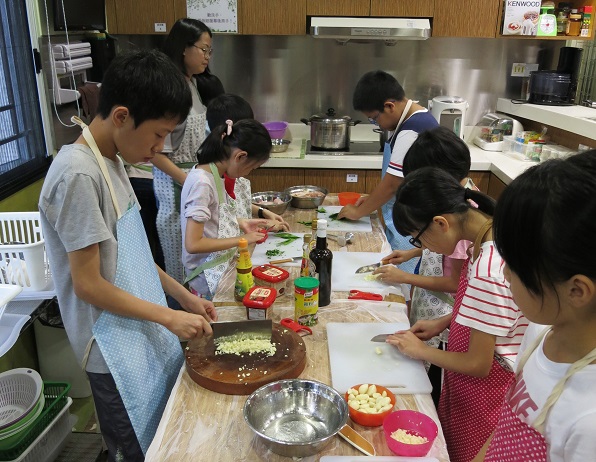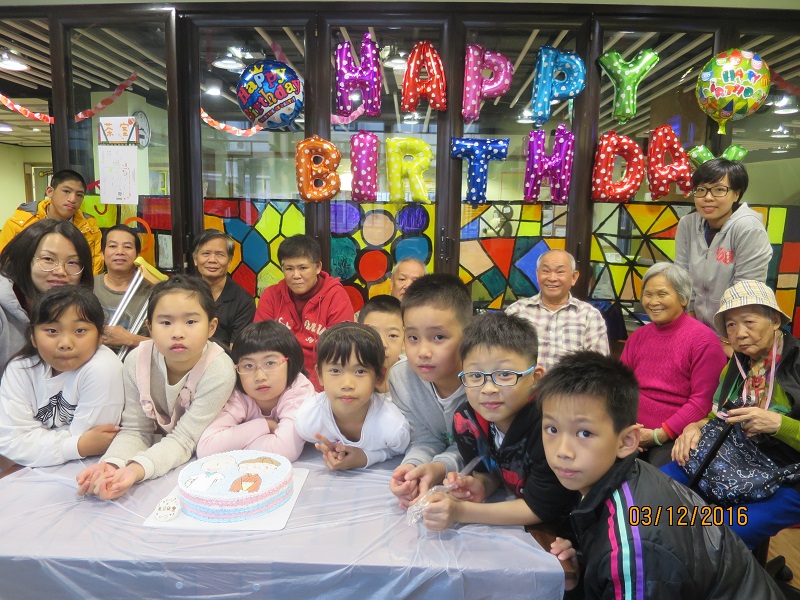Story
Housework Made Easy. Training Independent and Helpful Little Housekeepers
Many parents yearn for kids’ academic achievements, so they take up every single household chore, big and small. That is why their children become dependent, leaving the parents exhausted. Chi-hang, a Primary 6 student, is one of the examples. Having questions about homework? Ask Mom. Family conflicts? Ask Mom. Daily routines? Ask Mom. His mother wondered when Chi-hang would become self-reliant, or even share some of the chores.
One day, returning from The Salvation Army after a training programme, Chi-hang suddenly suggested, “Let me wash the dishes tonight.” His mother was surprised yet delighted, as her son finally became thoughtful.
“To become a chef, start from washing the dishes.” This was the first lesson Chi-hang learnt at the “Little Master” Developmental Group at The Salvation Army Joy Family Integrated Service Centre (Macau). Later that night, a bowl was knocked off and broken by Chi-hang. His mother heard it and rushed to the kitchen. Just when she was about to blow up, she managed to hold back her anger. “It’s better to let him fail, or he’ll never learn.”
Both Chi-hang’s parents go to work. They do not have much time to spend with their children. In the past, when the mother was at work, she would receive phone calls from her son, either asking her to help resolve his conflict with his father, or complaining that his elder sister did not assist him with his homework. After work, the mother acted as her son’s private tutor, at the same time hurriedly got all the household chores done, while Chi-hang only cared about his schoolwork and had no intention of contributing to the family.
Taking the Initiative to Share Housework
The turning point began when Chi-hang took part in The Salvation Army’s “Little Master” programme, where he and the other children work together to prepare meals regularly. Under the social workers’ guidance, they complete the tasks from buying ingredients, cooking to cleaning up the kitchen in good order. During the course, they realised that the fun of cooking and tidying are inseparable.
In the course of time, Chi-hang will take the initiative to wash the dishes or sweep the floor at home occasionally, as he understands his mother’s hardship even more. “When I washed the dishes for the first time, I already felt so exhausted. You have to bend your back for such a long time.” Once he understands, he is more willing to try. He even asks his mother to teach him how to do the laundry. “I never expected such a great change of my son!” To his mother’s greatest delight, Chi-hang even influenced his elder sister to help together, largely lessening their parents’ burden.
Your effort is a token of love to someone you care. When the children prepare meals by themselves and bring them back home from the centre, their parents’ appreciation and encouragement will motivate them to take up more responsibilities at home, where they can practise what they learn and become a real “little master”.
Bringing Joy to the Less Fortunate Elderly
The Salvation Army Joy Family Integrated Service Centre (Macau) organises regular birthday parties for singleton and physically challenged elderly, for which participants of the “Little Master” Developmental Group will prepare everything on their own. Firstly, the children will pay home visits to the birthday elderly to get an idea of their eating habits before designing the menu. At the party, they will sing birthday songs to the elderly and serve the dishes they have prepared as a token of love and care.
“Little Master” Developmental Group
Through a series of cooking activities, the Programme aims to promote children’s self-care ability and sense of responsibility. Participants aged between 7 and 12 work together to buy ingredients, cook and share the food. In addition to basic cooking skills, they will also learn to share household chores and show the community their care through sharing of food.









